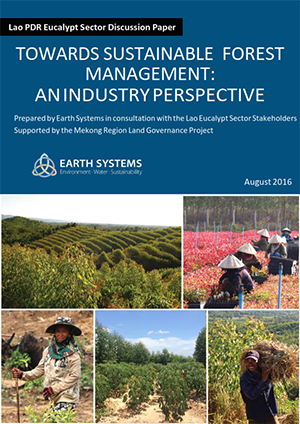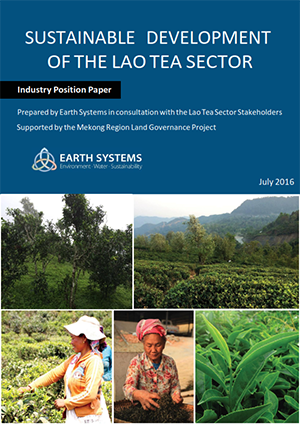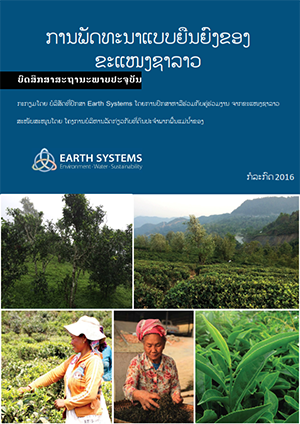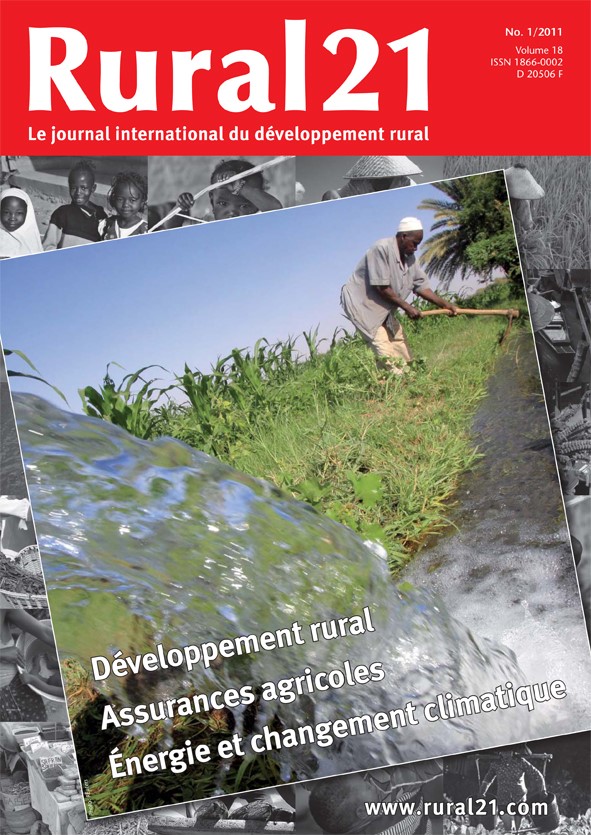Lao PDR Eucalypt Sector Discussion Paper, Towards Sustainable Forest Management: An Industry Perspective
The eucalypt sector in Lao PDR consists of several large eucalypt developers and a growing smallholder base. This Discussion Paper, developed through a multi-stakeholder process coordinated by Earth Systems, assesses the status of and explores key challenges and opportunities for the sustainable development of the eucalypt sector in Lao PDR.









